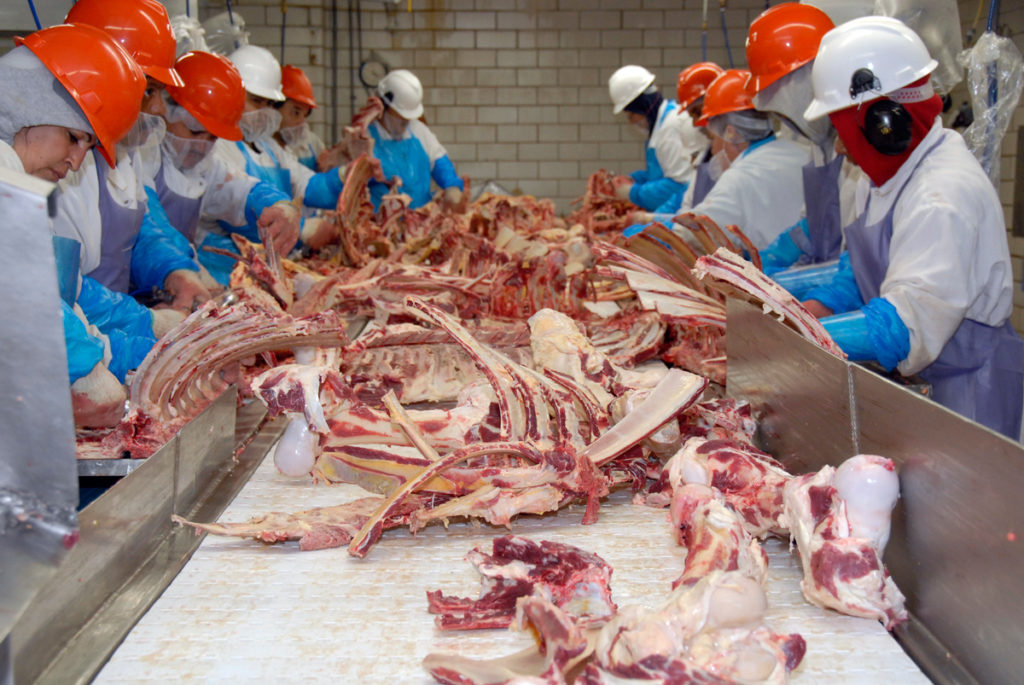Crappy Jobs Are Bad for Workers and for Everyone Else Too

Terri Gerstein had a good piece in the Times a few days ago about why terrible jobs, especially in the food industry, are as bad for the general public as they are for workers.
Researchers have found interesting connections between poor working conditions and seemingly unrelated social problems. For example, most people don’t think of the opioids crisis as a labor-related issue, but research has shown a connection between occupations with high workplace injury rates, like construction, and opioid overdose fatalities. (People get injured on the job; lacking sick days, they take opioids so they can work through the pain.)
At the same time, improved working conditions are correlated with a number of seemingly unrelated social benefits, from a reduction in the incidence of low-birth weight babies to a decrease in suicide rates. Unionization has been shown to increase civic participation, reduce the racial wealth gap and lessen racial resentment among white workers.
And when unionized workers fight for better conditions, the improvements often contribute to the benefit of all of us. Decades ago, the Association of Flight Attendants fought to ban smoking on airplanes. We all breathe easier because of that battle. More recently, teacher strikes and protests in a number of states in 2018 achieved not only higher salaries, but also increased education funding. Taking an approach called bargaining for the common good, teachers sought solutions that benefited not only themselves, but also students and the entire community.
Unionized workers fared much better during the pandemic: unions helped ensure that workers had the protective equipment they needed, paid sick days and more. And now, with vaccination as our national challenge, too many workers worry about not having paid sick days to get the vaccine or deal with side effects; those with adequate paid sick days or dedicated vaccination leave don’t face these barriers.
We should care about workers’ rights as a matter of social justice and basic humanity. These powerful and varied ripple effects suggest that everyone — not just low-wage workers or union activists — has skin in the game when we talk about raising the minimum wage or passing paid sick leave laws or making it easier for people to join a union. When new laws are considered, labor shouldn’t be seen as one more special interest group. It benefits all of us if the people doing essential work throughout our economy have good jobs, a collective voice and dignified treatment at work.
There is, of course, no reason for such bad conditions to exist. Workers can be paid much more money. Truckers can have shorter hours. Workplaces can be safe. These are choices society makes. It’s bad for everyone. It needs to end.


